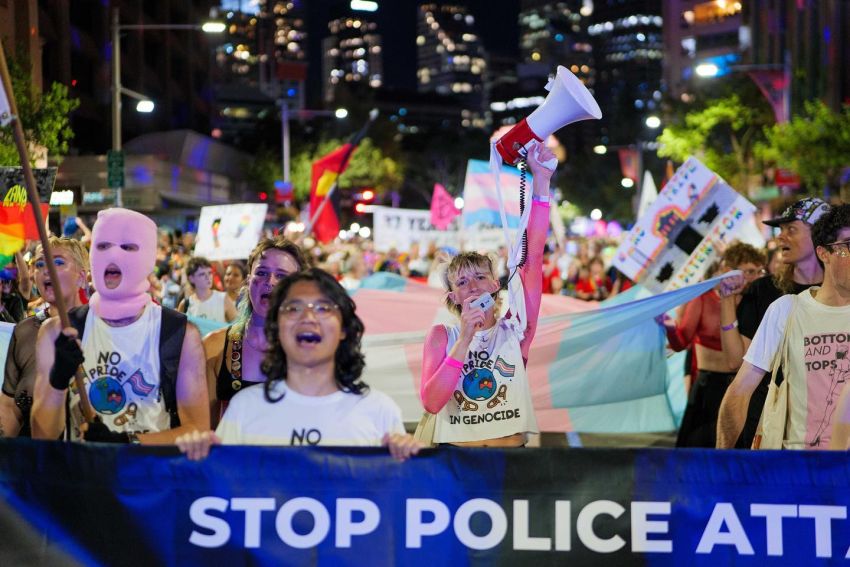
The long-awaited report by the NSW Special Commission of Inquiry into LGBTIQ hate crimes, released last December, made 19 recommendations, including fresh inquiries into the deaths of several men.
The 18-month inquiry investigated 32 deaths and unsolved murders from 1970–2010, believed to be motivated by homophobia. It found “suspected” LGBTIQ bias in 21 cases and confirmed that in four.
Inquiry commissioner Justice John Sackar said on December 21 many deaths were “lonely and terrifying” and that the ugly history of violence which had been uncovered should be the subject of a “comprehensive queer heritage project”.
The inquiry also found that the NSW Police response was to victims and their families was completely inadequate. It said the police were “indifferent, negligent, dismissive and hostile” in many cases.
It gave details of the police’s failure to maintain evidence from past LGBTIQ hate motivated crimes cases and its inability to complete investigative files.
Sackar cited multiple occasions when he said the police acted as less than a “model litigant” including being slow to produce materials for the case and being “adversarial or unnecessarily defensive”.
Sackar condemned the police’s claim that the inquest “distracted police from police work they would otherwise be undertaking”.
“It can provide scant comfort to the LGBTIQ community in NSW that the NSWPF [NSW Police Force] continues to treat the review of LGBTIQ hate crimes as an adversarial issue,” he said.
“There appears to have been a resistance in the NSWPF, even very recently, to acknowledging the extent of the hostility experienced by LGBTIQ people in the 40-year period under examination.”
Of the recommendations handed down, seven relate to specific cases the inquiry investigated, including that there be new inquests into these.
It also recommended regular monitoring of DNA databases to identify persons of interest in the particular cases, against new DNA evidence found during the investigation.
Shamefully, much of the evidence looked at had never been sent for forensic testing — until now.
Another recommendation calls for “additional and ongoing training” for police regarding “the LGBTIQ community”. It said there was a need to impart education on “the importance of cultural awareness and the use of appropriate and inclusive language”.
Police also needed to understand how to undertake “trauma-informed communication and engagement with partners, families, friends and loved ones of victims” and “the role of conscious and unconscious bias and the potential impact of bias on investigations”.
The report noted that “any such program should be developed with input from LGBTIQ representatives and organisations”. It said the benefits of this education being delivered by a LGBTIQ organization, external to the police, must be considered.
Another recommendation suggested a systematic review of unsolved homicides from 1970–2010, including an audit of known evidence of each death and their location.
This would keep the police force accountable for any evidence in its possession, something which the report had shown to be sorely lacking, especially in relation to bias or hate crimes.
Another recommendation is the police provide a public update on the review and audit within three months of the report being published.
Sackar’s recommendations are a step in the right direction. He stopped short of recommending the police apologise, saying “it is likely to be of limited value” if it’s perceived as coming about only because he asked for one.
“In my view, an apology is not only appropriate, but the absence to date of an apology from the Commissioner of the NSWPF has been extremely difficult to understand.”
NSW Police Commissioner Karen Webb acknowledged the pain of victims and their families as part of her response on December 21. She did not apologise, however, saying the force needs to “allocate the appropriate time to review the report and its recommendations”.